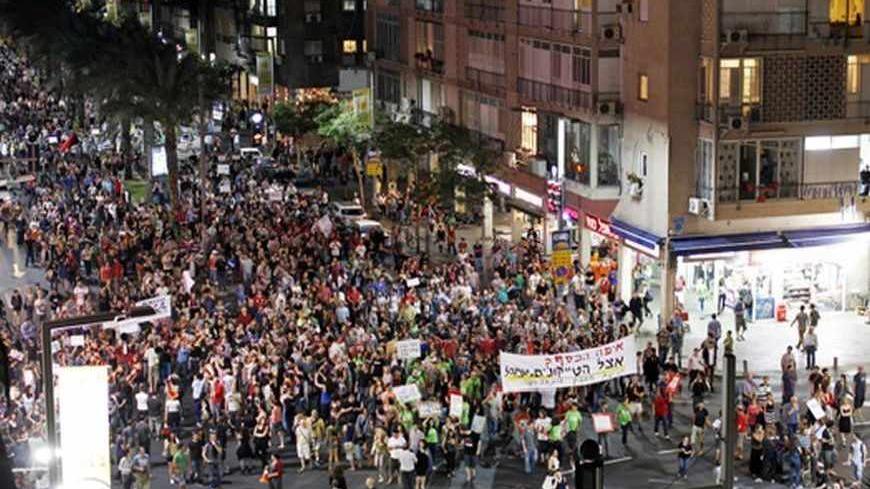At the end of 2010, Ofer Eini was at the height of his political and public strength. As a chairman of Histadrut, Israel's organization of trade unions, Eini was viewed as a pragmatic and responsible leader who avoided shutting down the economy with strikes.
Eini played a significant role in the entrance of then-Labor Party Chairman and former Defense Minister Ehud Barak into Prime Minister Benjamin Netanyahu’s second government. He also had much influence on the coalition agreement signed between the sides. There were those, at the time, who even felt that Eini had what it takes to be prime minister, and if he so desired he could easily take over chairmanship of the Labor party. Eini regularly participated in meetings of the party’s ministers; his public statements, which sometimes deviated beyond work relations to diplomatic issues, aroused much interest in the media. With a direct channel to the prime minister and almost all the ministers, Eini became one of the most influential Histadrut heads ever.



